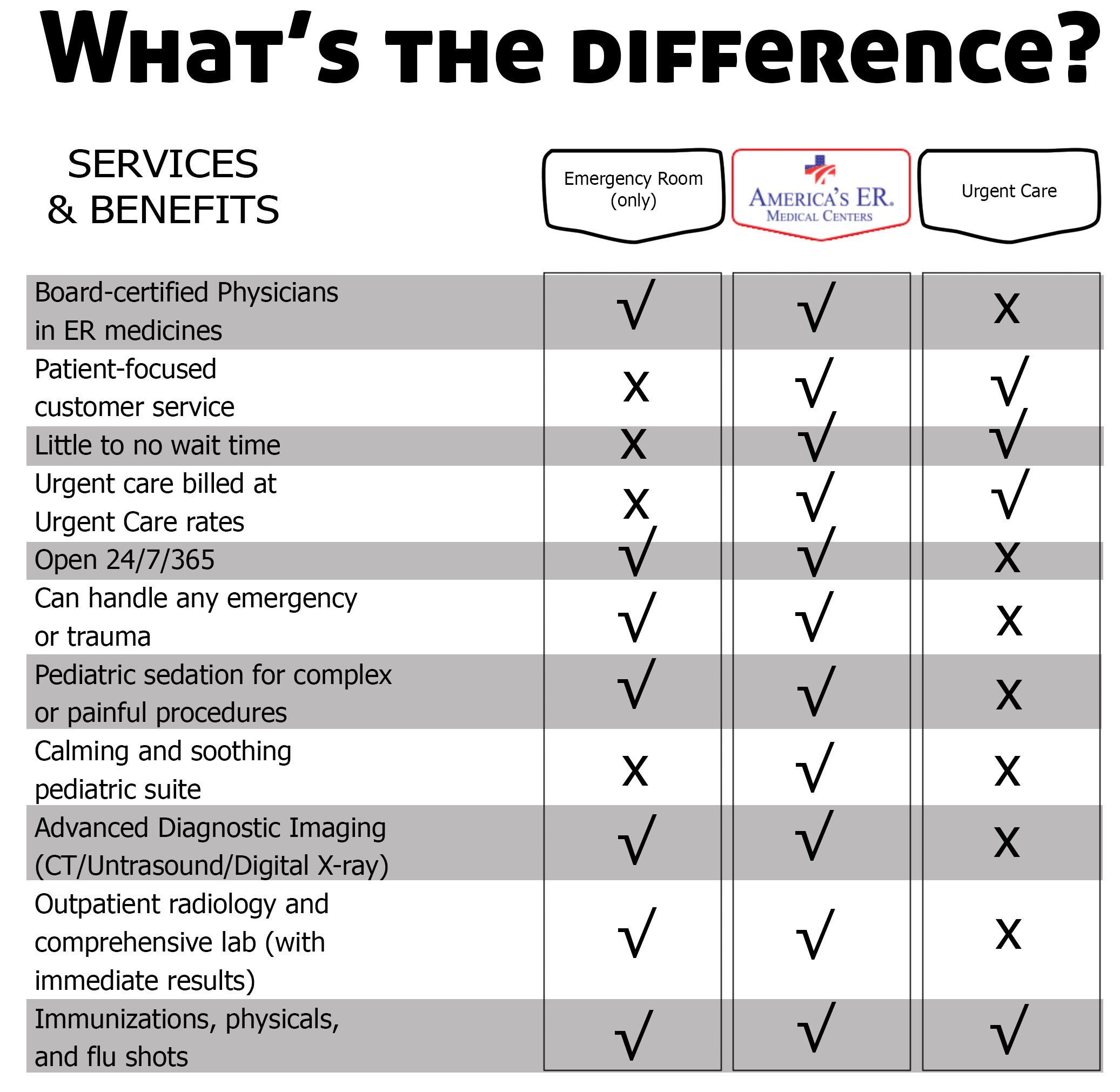When your child is hurt
You are enjoying a day at the park with your young child and his friends. You’re relaxed as you chat with the other moms and watch your children playing together. Some of them seem like little monkeys as they climb to the top of the monkey bars and swing back and forth on a rope swing. And then it happens.
Your little one has fallen and is crying in pain. You and the other moms rush to where he is and you bend down to see if little David is okay. He isn’t. His arm is quickly swelling and he’s sweating and is obviously in a lot of pain. He definitely needs help. What do you do?
If you’ve ever faced a similar situation with your children, you probably had a moment of panic as you tried to figure out what to do. Should you take him to an emergency room or urgent care? Should you call an ambulance?

Should you call an ambulance?
To call for an ambulance will not be cheap. No matter whether it is a privately owned ambulance or not, the cost of an ambulance ride in Houston is about $1800. If you can do the transporting yourself—if you don’t need a paramedic—you will save yourself the fee.
But where do you take your little one?
Urgent Care of ER?
There are actually three different choices here. Urgent Care is one, but Emergency Rooms can be attached to hospitals or they can be standalone entities. There are differences in how ER and Urgent Care treat patients. The chart below shows where America’s ER stands in relation to others in the Houston area.

Is my child’s need urgent or an emergency?
What is determined to be urgent care differs from state to state. [1] So the first thing to do is assess the situation. “Urgent care is a form of medical care that focuses on conditions that are not potentially life- or limb-threatening emergencies, but still require prompt care within 24 hours or less,” Timothy Tan, M.D., M.P.H., an assistant professor at the Icahn School of Medicine at Mount Sinai and an attending physician at Mount Sinai Urgent Care, says.
Most urgent care centers employ both doctors and medical assistants. They will have training in emergencies and a “broad range of medical knowledge and skills that allow them to diagnose and treat a wide variety of illnesses in patients of all ages,” Dr. Tan says. “[They can] also identify when a specialist is needed or when there is a potential emergency medical condition requiring an emergency room visit.”
The difference between urgent and emergency care boils down to what constitutes a medical emergency. “Urgent care is a form of medical care that focuses on conditions that are not potentially life- or limb-threatening emergencies, but still require prompt care within 24 hours or less,” Timothy Tan, M.D., M.P.H., an assistant professor at the Icahn School of Medicine at Mount Sinai and an attending physician at Mount Sinai Urgent Care, tells SELF.

At urgent care centers, you’ll typically find both doctors and physician assistants who usually have training in emergency or family medicine, Dr. Tan explains. “They have a broad range of medical knowledge and skills that allow them to diagnose and treat a wide variety of illnesses in patients of all ages,” Dr. Tan says. “[They can] also identify when a specialist is needed or when there is a potential emergency medical condition requiring an emergency room visit.”
“Emergency departments will have more in-depth diagnostic testing, a wide range of medications, and access to specialists such as cardiologists for heart attacks, or orthopedic surgeons for complex fractures,” advises Dr. Tan.
Whether we are in the midst of a pandemic or not, it’s vitally important to keep emergency rooms free for those with true emergencies. Emergency rooms that are part of a hospital should only be used for true life- or limb-threatening situations. If you really aren’t sure if your child’s problems are true emergencies, take a look at this list.
- Is your child having trouble breathing?
- Is your child passing out or fainting?
- Is there chest pain or pressure (rare in children)?
- Has your child had a severe injury to the head, the neck, or the spine?
- Is there a sudden loss of speech, vision, or ability to walk or move?
- Is your child’s injury bleeding profusely?
- Has your child broken a bone?
- Is your child experiencing an allergic reaction?
- Is your child feeling suicidal or homicidal?
Has your child possibly overdosed on drugs or alcohol?

If any of the above conditions are present, head to the emergency room. On the other hand, the urgent care center can treat illnesses and injuries that aren’t life-threatening but still should be treated right away. (Some people use emergency care when they don’t have a pediatrician or their pediatrician is not available.)
These conditions can be seen at an urgent care center.
- cold, flu, or other viral illnesses (call ahead if your child has been exposed to Covid-19)
- Ear infections
- Sinus infections
- Mild to moderate asthma
- Bronchitis or pneumonia
- Allergic reactions
- Rashes (which may be allergic reactions)
- Nausea, vomiting, or diarrhea
- Bladder infections
- Skin infections
- Cuts, scrapes and minor burns
- Bites or stings from insects
- Sprains or strains
If you go to an urgent care center and the provider there is concerned that your child’s needs exceed the ability to care of the center, they will send you to an emergency room. They may call for an ambulance to transport your child.
If you live in the Houston area, your best choice may be one of the area America’s ER locations. According to the chart, they can do for you whatever you have need of in an emergency room situation or an urgent care facility.

[1] “Urgent behavioral health situations means conditions which require attention and assessment within 24 hours but which do not place the Member in immediate danger to themselves or others and the Member is able to cooperate with treatment.
Urgent condition means a health condition, including an urgent behavioral health situation, which is not an emergency but is severe or painful enough to cause a prudent layperson, possessing the average knowledge of medicine, to believe that his or her condition requires medical treatment evaluation or treatment within 24 hours by the Member’s PCP or PCP designee to prevent serious deterioration of the Member’s condition or health.” Texas Contract, page 13.

